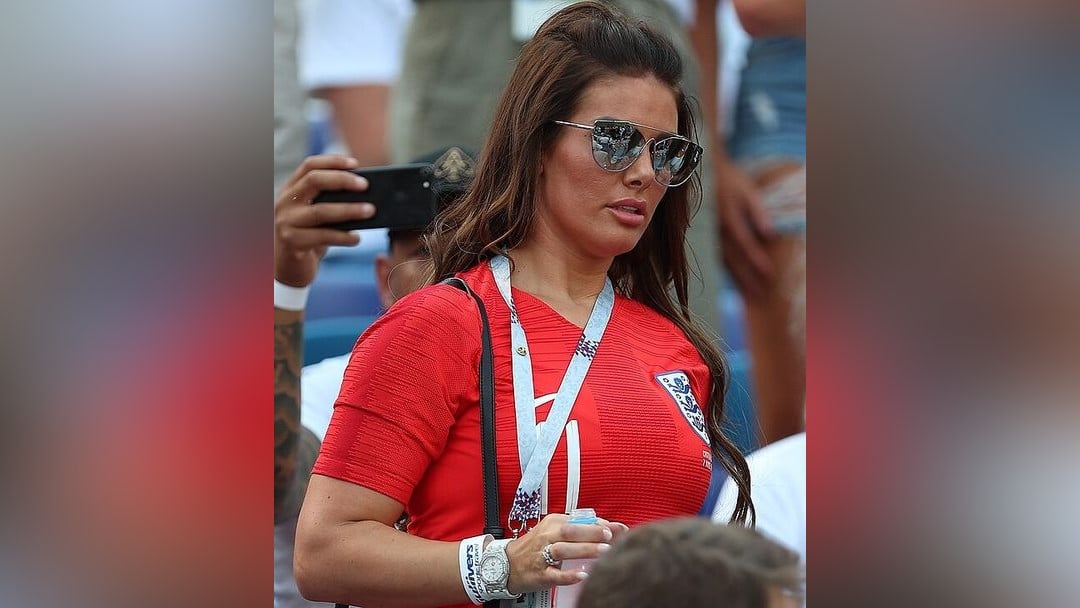Judgment clarifies Vardy Rooney trial costs

The High Court's ruling on the Vardy Rooney case highlights the importance of transparency in legal costs management
The defamation case between Rebekah Vardy and Coleen Rooney has drawn intense public attention while also highlighting significant legal questions surrounding litigation conduct. In a recent ruling issued by Mr Justice Cavanagh of the High Court on 10 April 2025, the judge addressed lingering issues regarding the costs associated with the trial, particularly in light of Ms Vardy’s unsuccessful claim against Mrs Rooney.
The core of the appeal centered on whether the judge had correctly decided that the defendant’s legal representatives had not acted improperly, which would influence the financial responsibilities of both parties. The original trial overseen by Judge Steyn resulted in an order requiring Ms Vardy to cover 90 percent of Mrs Rooney's legal costs, leading to further proceedings aimed at interpreting the Civil Procedure Rules (CPR) relevant to cost assessments.
Central to the appeal were claims made by Ms Vardy's legal team regarding the defendant's submitted cost figures, which they argued were more conservative than the actual expenses incurred.
“There was ample material before the judge to justify the conclusion that [Rooney’s] solicitors could have made the assumption that [Vardy’s] solicitors had prepared their Precedent H on a ‘reasonable and proportionate’ basis," according to Mr. Justice Cavanagh's judgment.
This divergence led to allegations of misleading conduct against Mrs Rooney's representatives, who were accused of failing to adequately clarify the basis for their costs in the submitted Precedents H documents.
In delivering the judgment, the court scrutinised the foundation of the appeal and questioned the prior Judge’s determination of whether the defendant's solicitors had acted unreasonably or improperly under CPR 44.11.
“Criticism of a lack [of] transparency was a fair comment for the judge to make in light of the evidence before him, but it does not undermine his ultimate conclusion that their behaviour had not, albeit only just had not, crossed over into unreasonable and improper behaviour," per the judgment.
While the lack of transparency about incurred costs could be seen as an error, the ruling clarified that this did not necessarily amount to misconduct. The court found that the actions of the defendant’s legal team remained within acceptable professional conduct, considering the possibility that both parties might have adhered to similar cost submission standards.
Senior Costs Judge Andrew Gordon-Saker noted that while there was a “failure to be transparent” by Mrs Rooney's legal team, he found “on balance and, I have to say, only just” that they had not committed wrongdoing.
Throughout the appeal, the court reiterated the importance of clear communication and transparency in cost budgeting to prevent any potential misrepresentations. Ultimately, the court concluded that the assessments and approaches taken by the defendant’s legal team did not meet the criteria for misconduct.
This ruling illuminated the judges' responsibilities in evaluating claims beyond mere factual disputes, also prioritising procedural propriety. After deliberating on both parties' submissions, the court ruled that Ms Vardy had not provided sufficient evidence to support her claims of improper conduct by the defendant. Consequently, the appeal was dismissed, underscoring the necessity for legal representatives to ensure clarity and maintain transparency during litigation processes.
The judgment affirmed that a delicate balance must be maintained between assertive litigation strategies and the ethical obligations owed to the court. Future litigants would be wise to take this ruling into account when presenting their cost assessments and fulfilling their responsibilities towards the court and each other. Despite the case's outcome against Mrs Rooney, the implications could resonate within future legal discussions, potentially establishing a precedent regarding the conduct of litigants observed closely by the public.
In summary, the continuing saga of Vardy v Rooney stirs strong sentiments around celebrity culture, media dynamics, and the legal standards governing defamation and costs while this ruling reinforces the significance of professional integrity and transparency in legal proceedings
The intersection of celebrity culture and legal dynamics highlights how high-profile cases, like Vardy v Rooney, become public spectacles, with media scrutiny influencing legal strategies and reputations, often turning litigation into a platform for shaping public image.
